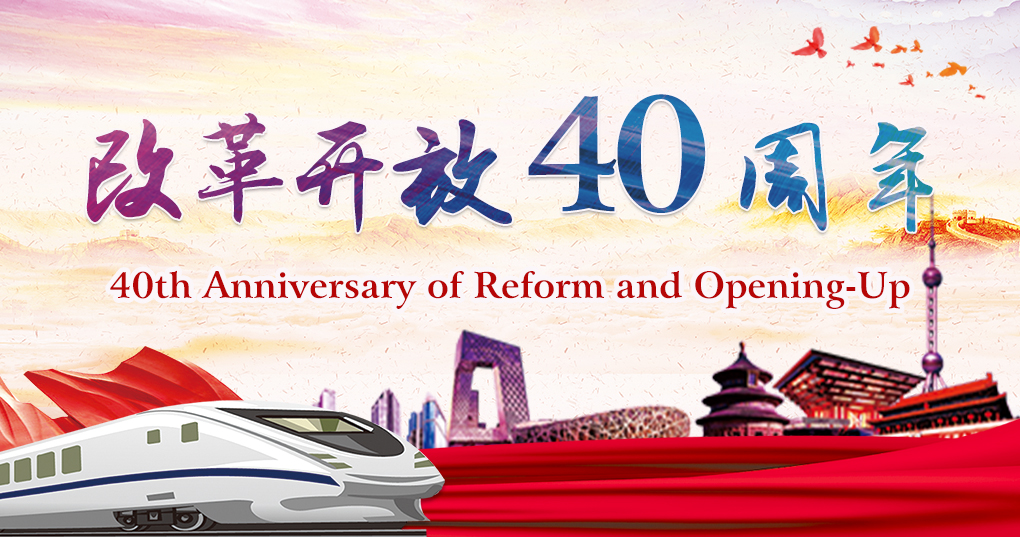Realistic Writing of Wang Meiying Reflects Era's Glory
According to Wang Meiying, a 51-year-old writer, "reality is a kind of power; be it bitter or sweet, it's all we have; writing about reality explores basic human nature." She made the remark during her speech at the opening ceremony of a realism writing seminar at the Lu Xun Literary Institute in Beijing on May 11.
She continued: "Realistic literature is mysterious and each character behind the words possesses a living soul."
Wang explained that she has devoted herself to realistic writing for decades. "The great era in which we live will gradually shape our perspectives on reality, social customs and the world and it is a writer's responsibility to present the glory of the times."
With a sense of awe towards the beauty and all kinds of power in nature, Wang has produced many influential compositions in various forms in her career. She has combined objective realism with traditional Chinese culture, thus acquiring endless originality and artistic creation freedom.
She spent a long time on observing life through social investigation as she lived together with farmers in rural areas of Shaanxi Province, participating in poverty alleviation and expansion of the coverage of education.
She also visited Guizhou, Jiangsu and Zhejiang provinces and areas along the ancient Silk Road. "The literature we seek to pursue is the guidance or forerunner of the social civilization at present," Wang explained.
Based on traditional Chinese values, her works tried to seek and display the brightness and warmth of the human heart. Two of her novellas, "Ai Yun" and the "Eleven Kinds of Light," narrated rural stories and depicted vivid figures from the real world.
The picturesque scenery, characters of rural women and village officials under her pen have aroused much sympathy from readers and become popular once they were published.
"A Tale of a Former Capital," her most recent novel, became a hit in literary circles after its publication last year. It tells a story of three women named Ling Xiao, Jiu Mi and Yan Hong who are from a remote village—Peach Blossom Grove – and seek to make a living and realize their dreams in the city of Xi'an, a former capital in ancient China.
Their experiences, especially the success and loss of Yan Hong, a female official, reflects the gain and loss, growth and confusion of many women in contemporary times.
Yang Xinlan, vice chief editor of "Dangdai," a bimonthly Chinese literature magazine, believes "A Tale of a Former Capital" records a grand era and shows the great ambition of a contemporary female writer.
Bai Ye, a literary critic, also notes its focus on the relationship of three female friends, presenting their struggles and the twists and turns of life in a large city. It is rarely seen that a female writer can make such a sharp analysis and criticism on fellow females in literary works, he added.
Fan Yongge, a literary critic, recommended highly the novel's language. "Both the language of the narration and the characters are deeply rooted in the abundant local culture. The novel has its own cultural identity due to its well-preserved original local language," he said.
This year marks the 40th anniversary of China's reform and opening-up. Wang expressed her consistent resolution to uphold social justice and morality and create more works shining with the glory of the era. At the same time, she hoped her works can reach a global audience and she has been invited to pay an academic visit in Australia by a publishing group.
Dubbing herself a "Cinderella" in the literary world, Wang perseveres in bravery, benevolence and goodwill. "Once there is goodness and virtue, extraordinary life miracles can be found," she insists. "I always observe mountains, earth and the human world with passion, and I want to make their beauty as a forever theme in my works."
(Source: China.org.cn)
Please understand that womenofchina.cn,a non-profit, information-communication website, cannot reach every writer before using articles and images. For copyright issues, please contact us by emailing: website@womenofchina.cn. The articles published and opinions expressed on this website represent the opinions of writers and are not necessarily shared by womenofchina.cn.


 京公网安备 11010102004314号
京公网安备 11010102004314号